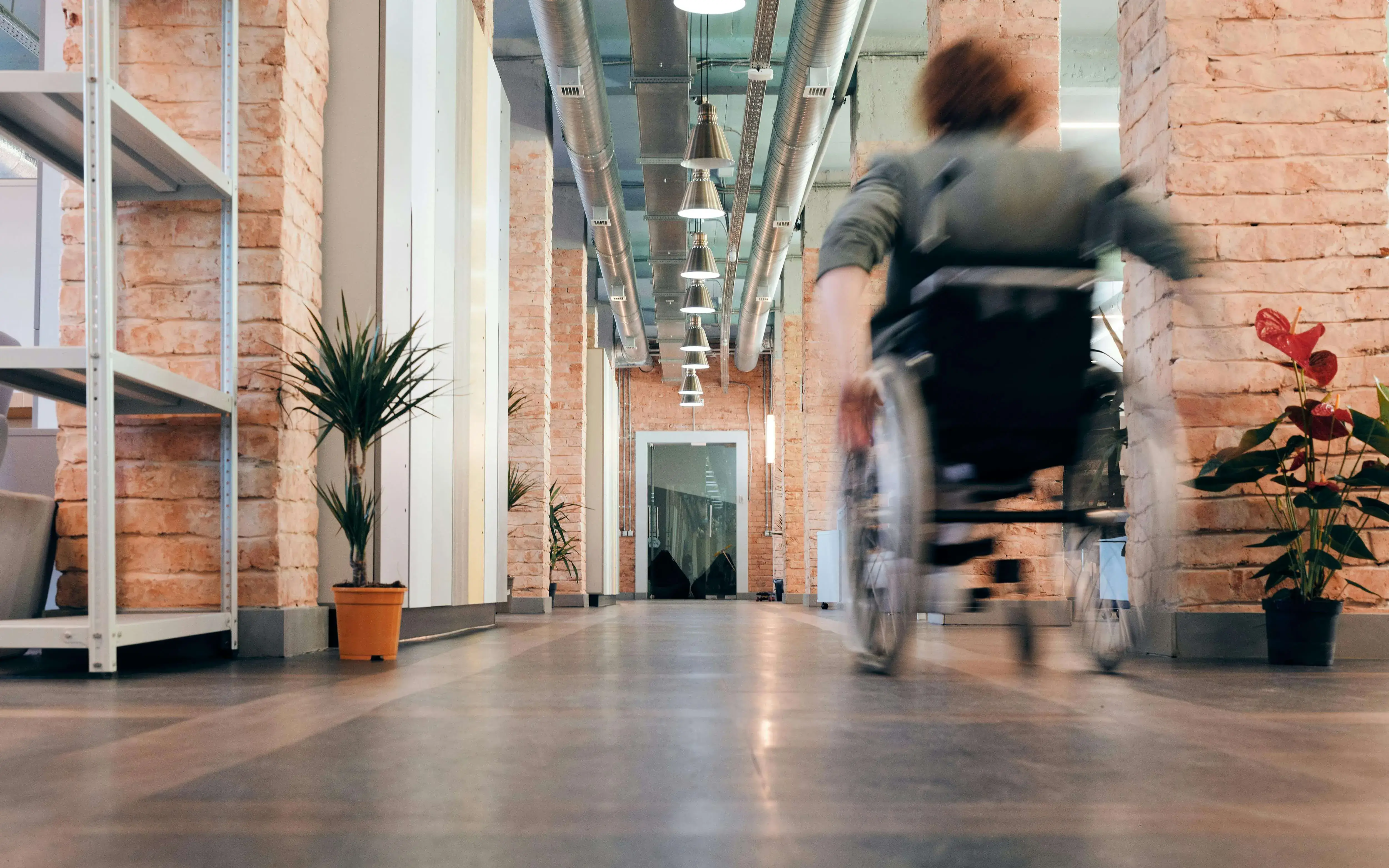
The study visit organized by Som – Fundació and EASPD brought together entities from five countries to share experiences in inclusive technology and community life projects
On September 16th and 17th , Barcelona was the setting for an international meeting that focused on innovation and inclusion of people with disabilities. Som – Fundació hosted a study visit co-organized with EASPD , the main European network in the disability sector, which brings together entities and organizations from more than 30 countries. On this occasion, 22 representatives from entities from Greece, Italy, Portugal, Belgium, Slovakia and Spain participated, who shared knowledge and good practices over the course of two days.
The objective of the meeting was twofold: to promote the independent life of people with disabilities , in application of article 19 of the UN Convention on the Rights of Persons with Disabilities, and to explore how technology can improve autonomy and inclusion in daily life. This exchange of knowledge strengthened the bonds of cooperation between entities and positioned Catalonia as a European benchmark in terms of inclusion and personalized supports.
Technological innovation at the service of inclusion
The first day, on September 16, was dedicated to technological innovation. Participating entities learned about initiatives such as WEL and the Virtual Reality Project for Social Skills of the Universitat Autònoma de Barcelona (UAB), which use virtual reality to develop social skills and promote inclusion. The videoconferencing project of the ACUDAM Foundation , designed to improve communication and remote support, and the proposals of Àuria Fundació in the field of care and attention were also presented.
In addition, the Aspace Catalunya Foundation was visited , where practical experiences with 3D printing and other technological applications applied to daily life were shown. These tools not only facilitate social participation, but also contribute to increasing the autonomy of people with disabilities.
Community life and digital transformation
On September 17, the focus was on community life and digital transformation. At Dincat , innovative projects were presented such as EmpleON , focused on labor inclusion, the RAPNIC of the Catalan Foundation for Down Syndrome and the 3D Printing Rehab-Lab & Inclusive Community Model of the Alba Association, which unites technology and community to promote independent living.
Afterwards, the meeting moved to the Hàbitat 3 Foundation , which explained its experiences in housing and community living projects with supports, developed jointly with the Astres Foundation. These initiatives showed that access to decent housing and adequate support is one of the keys to guaranteeing real inclusion.
The closing of the meeting included two digital transformation experiences: the +Tu Fundació project and the Som – Fundació technological initiative , developed in collaboration with the Germà Tomàs Canet Foundation and with Next Generation funding. The latter project offers people with disabilities real-time access to essential information, such as the status of their accounts, identification documentation or reminders of medical and social visits.
An opportunity to strengthen European cooperation
The study visit was also an opportunity to generate alliances and give visibility to Catalan experiences that are already pioneering in the field of inclusion and social innovation. The exchange between entities from across Europe allowed for the establishment of synergies and progress towards more inclusive models, in line with the rights enshrined in the UN Convention.
For Som – Fundació , which currently supports 865 people with disabilities in Catalonia , mainly in the provinces of Barcelona and Lleida, this meeting was a step forward in its mission to guarantee that people can fully exercise their legal capacity and live independently.


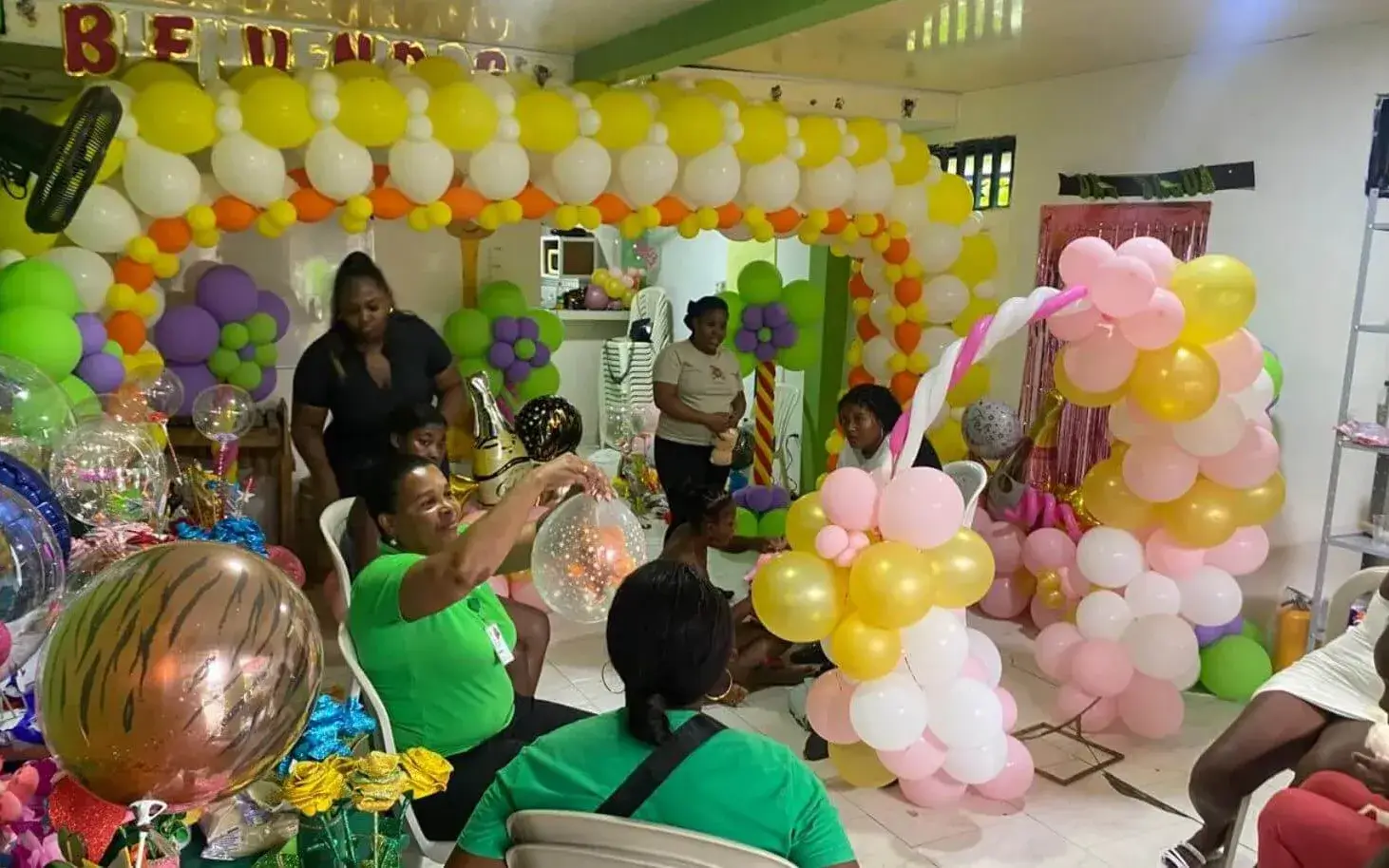
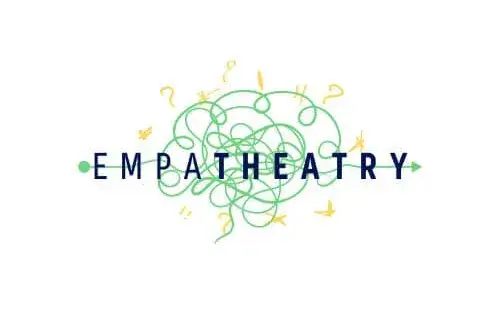
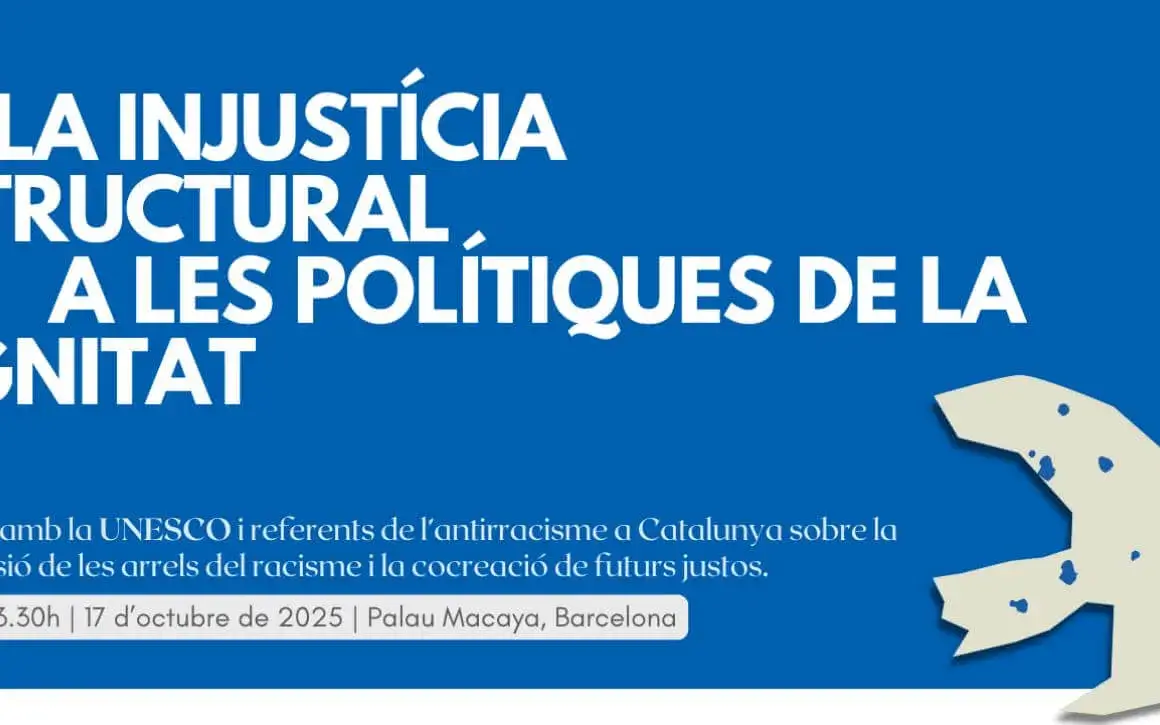
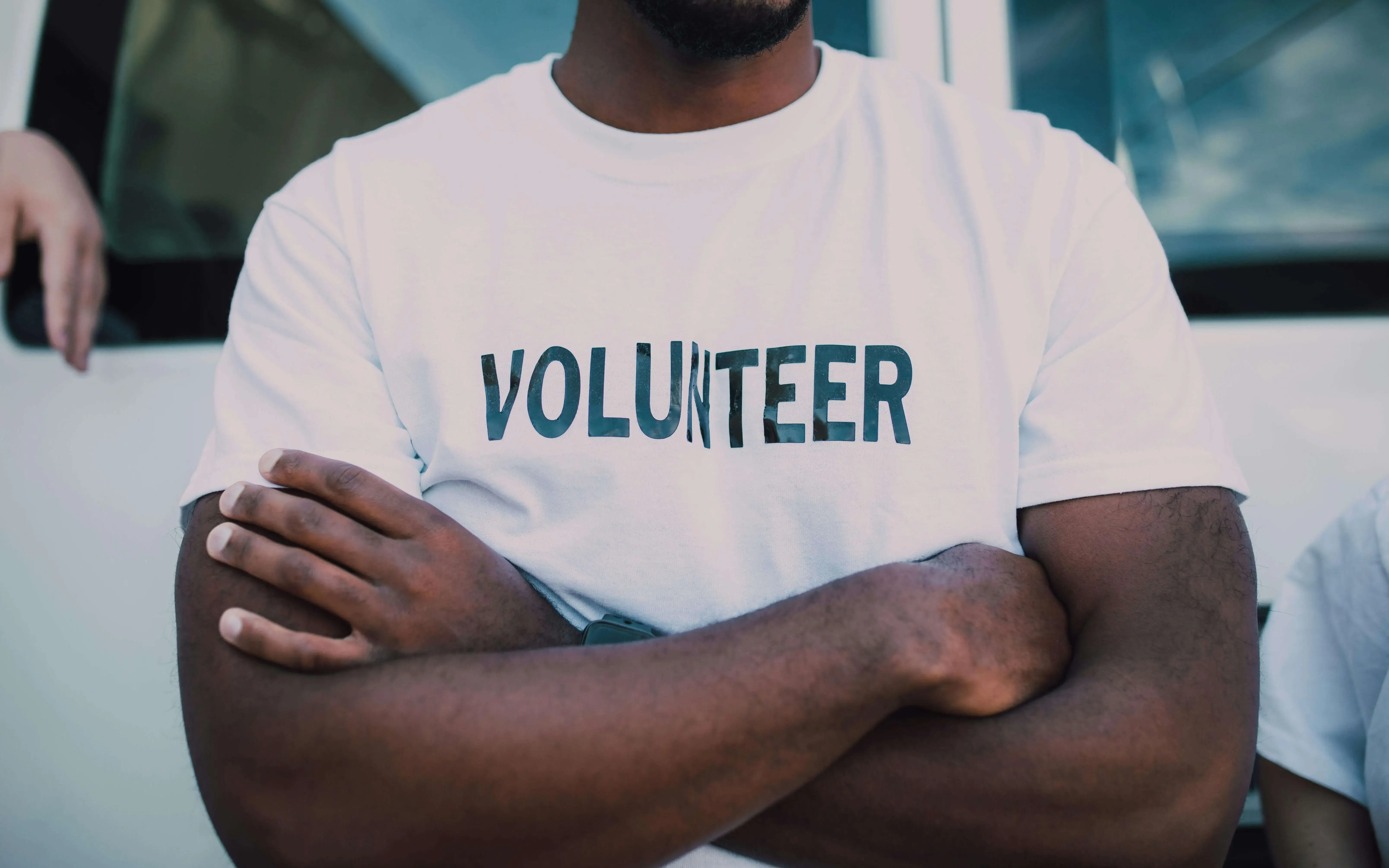
Add new comment